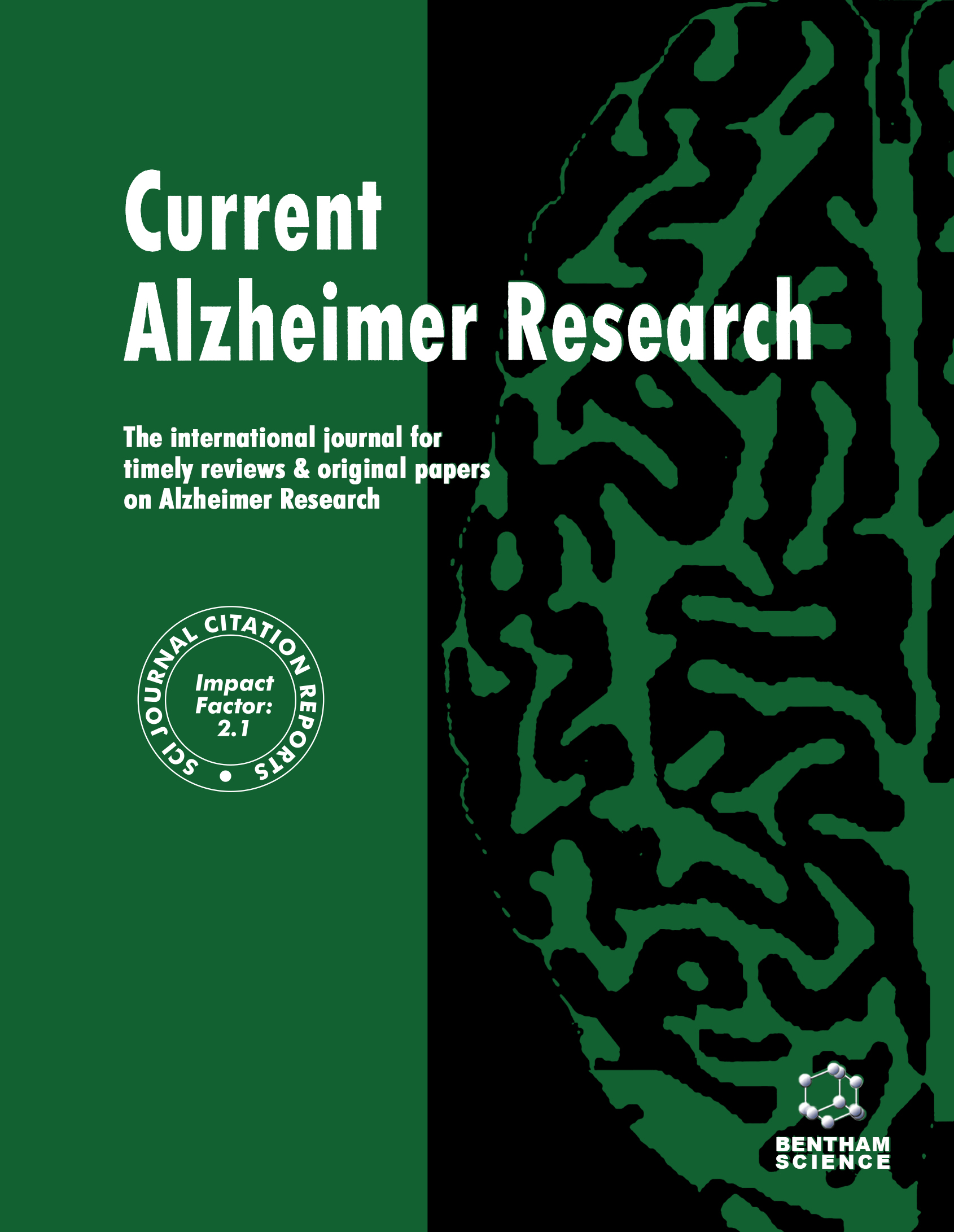
Full text loading...
Alzheimer's disease is a chronic, neurodegenerative condition that leads to a significant cognitive decline. One of the symptoms that greatly reduces the quality of daily functioning is the deterioration of spatial orientation abilities. A non-pharmacological treatment option for Alzheimer's disease, which is also employed to improve the cognitive functioning of individuals with mild cognitive impairment, is virtual reality training.
To the best of the authors' knowledge, there is no existing systematic review on the use of virtual reality training to enhance spatial orientation in individuals with Alzheimer’s disease or mild cognitive impairment. The review was therefore conducted to fill this gap. The findings of this review may support the efficacy of virtual reality in enhancing spatial orientation.
Five databases were searched. The primary inclusion criteria were study participants aged over 60 years with a diagnosis of Alzheimer's disease or mild cognitive impairment and the use of virtual reality for improving spatial orientation. Six studies meeting these criteria were ultimately included in the review.
All included studies demonstrated an improvement in the spatial orientation of individuals with Alzheimer's disease or mild cognitive impairment following virtual reality training. This indicates the effectiveness of virtual reality technology in cognitive rehabilitation.
As virtual reality cognitive training has proven effective, its use should be more widely adopted. Further research on the application of virtual reality for enhancing spatial orientation in individuals with dementia is recommended.

Article metrics loading...

Full text loading...
References


Data & Media loading...
Supplements

